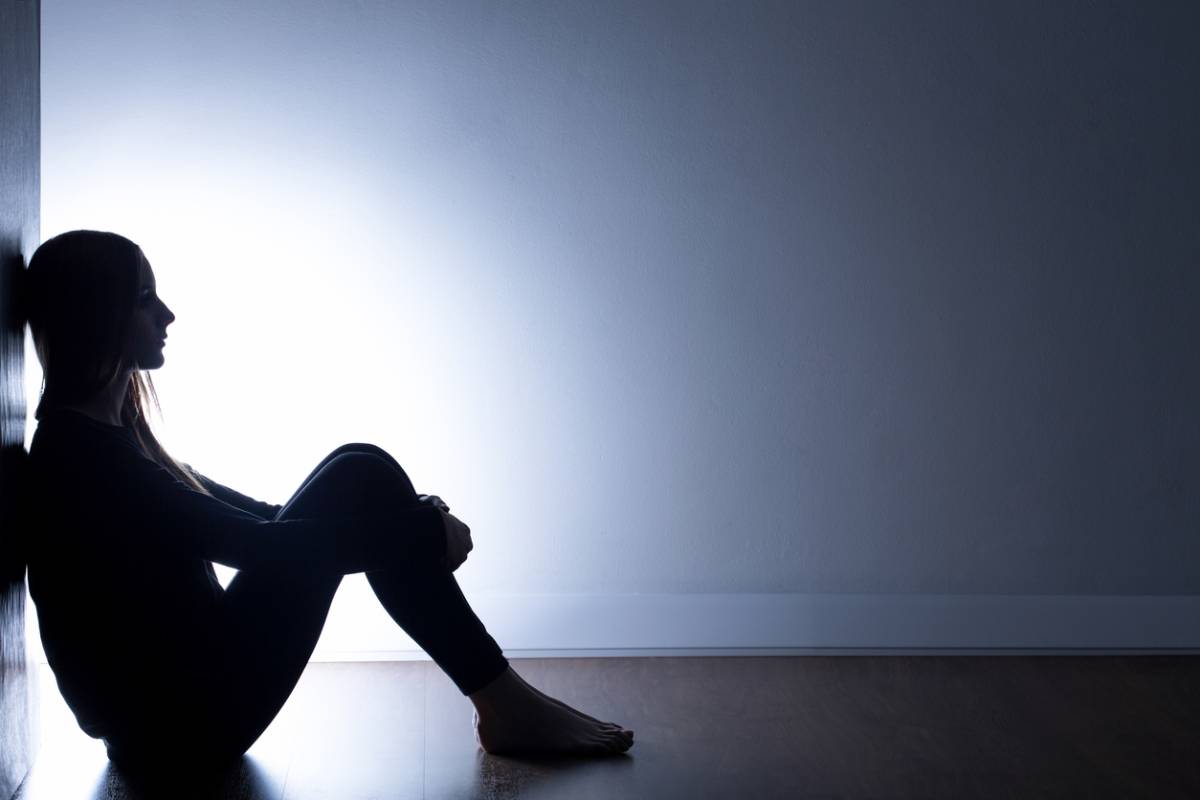Acne at any age can cause major issues with one’s confidence and self-esteem. Despite acne being a really common skin condition, it can have profound effects on a person’s daily life. Many parents of teens with acne often wonder, can acne cause depression? While acne itself does not cause depression, the effects of having acne can have a serious impact on the person who has it.
Can Acne Cause Depression?
It is important to note that the presence of acne does not cause depression. However, the impact of acne can cause issues with one’s self-esteem and confidence. When these aspects about a person begin to deteriorate it can cause mental health conditions. Anxiety and depression are the most common mental health conditions associated with acne. Research has shown that those with acne were at an increased risk of developing major depression. Further, another study found that more than 20% of patients with acne have thought about or attempted suicide.
The pressures and standards of beauty can be difficult for anyone at any age. This is especially true for those who are in their adolescence. During one’s teenage years, a lot of changes occur in a formative period. Acne can impact their academic, extracurricular, and social life in many ways. Adults with acne also experience serious issues with self-esteem and even problems in their professional and romantic lives. Despite acne being considered a minor skin condition, people are often impacted emotionally by the condition.
Causes of Acne
There are a wide variety of types of acne, including blackheads, whiteheads, pustules, papules, and cysts. In addition to the type of acne you have, the type of treatment will depend on the cause of your acne. Some of the crucial factors that can cause issues with your skin health include your hormones, nutrition, hair and makeup products, stress, genetics, and even bacteria. These are all factors that can play a role in your acne, but the actual cause is due to oil, dirt, and other matter clogging your pores. Clogged pores become inflamed and result in the presence of acne. While it is most often found on the face area, it can also appear on one’s neck and back.
Acne Treatment
One of the best ways to address the harmful effects of acne are by treating the skin condition. Setting up a consultation with a dermatologist skilled in acne treatment can literally change the trajectory of one’s life. This is because clearing up acne can improve your self-confidence and self-esteem. The consultation is a great time to discuss your expectations and find out which treatment options are right for you.
Acne treatment in Tampa Bay is a great way to address your skin issues and move forward acne-free. Treatment is often determined by whether you have noninflammatory acne or inflammatory acne. Noninflammatory acne includes blackheads and whiteheads. These types of acne can often be treated topically. Your dermatologist can help determine which topical treatments are right for you. Inflammatory acne includes pustules, papules, and cysts. These are slightly more complex and require a multifaceted approach.
Oftentimes the dermatologist will recommend both oral and topical medicines to address the acne. Despite inflammatory acne proving more complex, both types remain manageable and effectively treatable. The timeline for treatment depends on your unique skin and varies from person to person. However, with the help of a skilled and experienced dermatologist, being acne free is a possibility.
Dermatologist in Tampa
If you are unhappy with your acne and want an effective treatment option, contact Dr. Milan Lombardi at the Lombardi Institute of Dermatology. Dr. Lombardi is skilled and experienced in treating acne and has helped countless patience regain their self-confidence. Contact the top dermatologist in Tampa today for a consultation!

